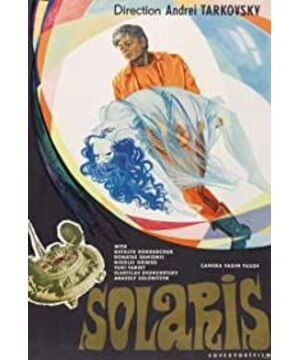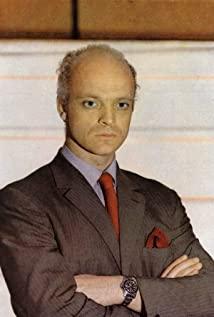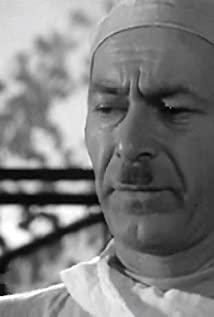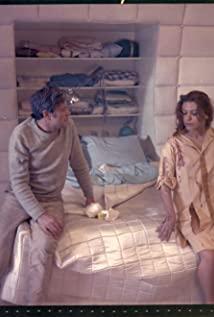1.1 The male protagonist is a widower, living with his daughter and his mother-in-law. The husband and wife died many years ago.
1.2 The male protagonist was originally in a semi-retired state, and an old colleague came to ask for help, so he had to bite the bullet and go into space.
1.3 The rhythm of the first half is very slow, and the whole film is still on the highway of the earth for 1/3.
1.4 I feel that the recording listened to by the black astronaut in interstellar is the background sound of solaris' first few minutes without any lines and a complete close-up of the scene.
1.5 Compared to HE's interstellar travel, this film is a bad end at the end. The male protagonist "happily" lives with his father-in-law... (the daughter is completely ignored like this, what a hatred)
2. The female protagonist is beautiful, Especially tazio like Death of Venice. But it is also possible that in the eyes of the great director, the ultimate beauty looks that way regardless of gender.
3. The male protagonist's mother cried beautifully. That is to say, solaris can't handle the conflict between mother-in-law and daughter-in-law in the end, otherwise the male protagonist will stay in the space station with his wife and young mother. It is the ultimate harem. How could he want to return to Earth?
4. Except for this one, it seems that other universe films dare not challenge the theme of encountering intelligent planets, is it because it is too difficult to grasp?
5. Laota said he wanted to show the space station as a broken bus, why do I think the space station is more like a mental hospital...
View more about Solaris reviews











